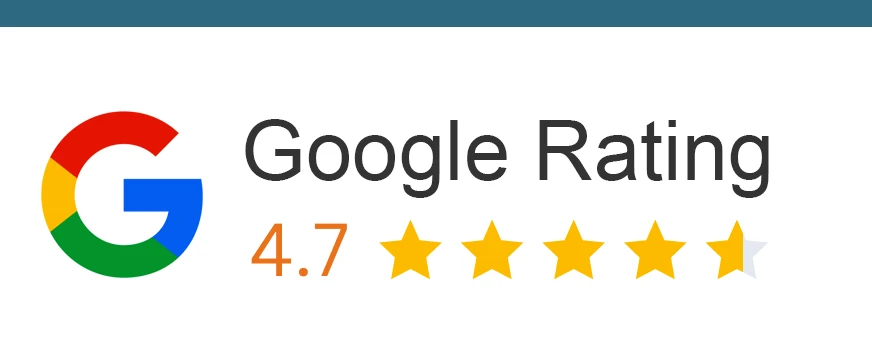Introduction to guarantor loans
Guarantor loans offer access to funds for individuals with limited credit history or subpar credit scores by having a trusted guarantor or co-signor provide a repayment guarantee. Having a guarantor increases the approval chances for borrowers.
How do guarantor loans work?
Guarantor loans work by involving a third-party, known as the guarantor, to provide additional security to the lender. The borrower applies for a loan, and once approved, they identify a guarantor, usually a family member or close friend, who agrees to take responsibility for the loan if the borrower defaults. The lender assesses the guarantor’s creditworthiness and financial stability while approving the loan application. Once approved, the funds are disbursed to the borrower, who is responsible for making regular repayments according to the agreed-upon terms. In the event that the borrower fails to make payments, the guarantor steps in and becomes legally obligated to repay the outstanding loan amount, along with any accrued interest and fees. Both the borrower’s and the guarantor’s credit scores can be impacted based on the repayment behavior.
Differences between guarantor loans and other types of loans
With a guarantor loan, the chances of your loan application getting accepted increases, while with a non-guarantor loan, the chances is less. However, this stands true only for individuals who have a subpar credit history or no credit history at all.
Listed below are a few key features of a guarantor loan that makes it different from other type of loans:
- Require a guarantor for additional security.
- More accessible
- Higher interest rates due to increased risk.
- Smaller loan amounts typically available.
- Usually unsecured, no collateral needed.
- Guarantor becomes responsible for repayment if the borrower defaults.
- Specific eligibility criteria for borrowers and guarantors.
- Can impact the guarantor’s credit and financial situation.
- Availability may vary based on the market or region.
Benefits and risks of guarantor loans
It is always a wise financial decision to weigh the pros and cons of a financial product before you use it. Doing so will help you lay a clear roadmap that will further assist you to stay on track of your finances.
Benefits of a Guarantor Loan
Let us understand the various benefits offered by guarantor loans:
- Easy Access to Funds: Guarantor loans provide an opportunity for individuals with a limited credit history to access funds they might otherwise be denied through traditional loans.
- Increased Approval Chances: With a guarantor’s backing, lenders perceive borrowers as less risky, increasing the likelihood of loan approval and potentially securing more favorable terms.
- Rebuild Credit: Timely repayments on the guarantor loan can positively impact the borrower’s credit score, facilitating future access to more favorable credit options.
- Flexible Use of Funds: Borrowers can utilize guarantor loans for various purposes, including education expenses, debt consolidation, home improvements, or personal and business needs.
Risks of Using a Guarantor Loan:
Although a loan with a guarantor has multiple benefits, there are a few risks associated with it.
- Strained Relationships: The borrower-guarantor relationship could be strained if the borrower defaults, potentially leading to personal and financial tensions.
- Financial Obligations for Guarantor: Guarantors risk being liable for loan repayments if the borrower fails to fulfill their obligations, potentially affecting their own financial stability.
- Impact on Guarantor’s Credit Score: A guarantor’s credit score may be negatively affected if they are required to step in and make loan payments due to the borrower’s default.
- Limited Loan Amounts: Guarantor loans may have smaller loan amounts compared to other types of secured loans, limiting the funds available to borrowers.
- Higher Interest Rates: Interest rates on guarantor loans may be higher than those on traditional loans due to the perceived higher risk associated with borrowers who require a guarantor.
- Limited Guarantor Options: Finding a suitable guarantor can be challenging, as not everyone is willing or eligible to take on such financial responsibility.
























